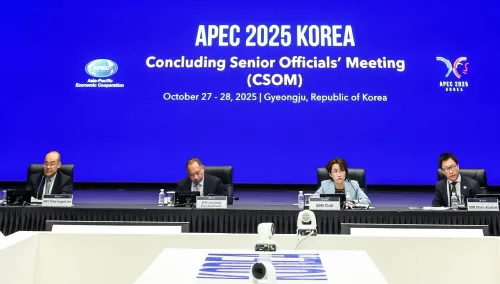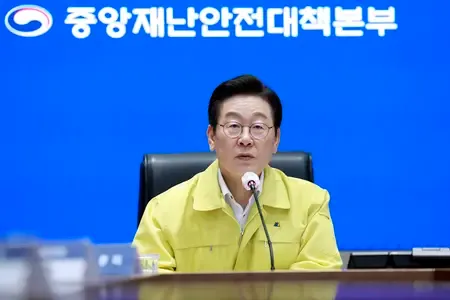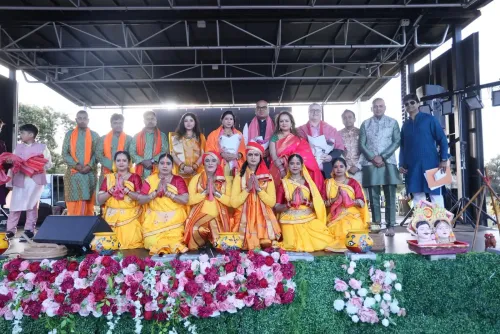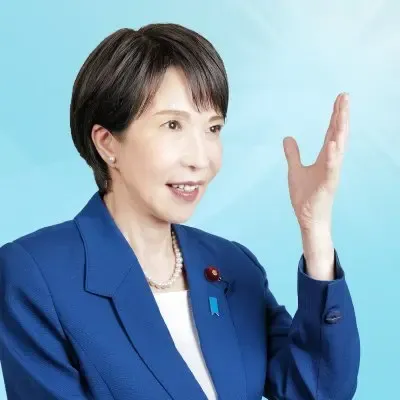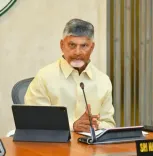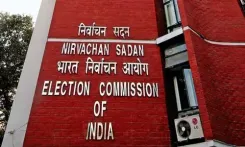How are US lawmakers joining forces to protect ties with India?
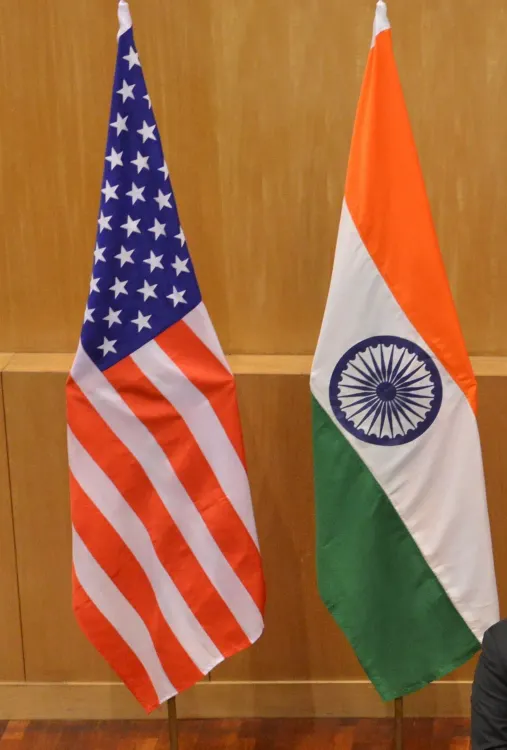
Synopsis
Key Takeaways
- Bipartisan collaboration is essential for maintaining international relations.
- The India-US partnership is a crucial democratic alliance.
- Lawmakers are advocating for accountability from the administration.
- Concerns regarding H-1B visas highlight the impact on US employers.
- Rising tensions have prompted lawmakers to unite for the Indian American community.
Washington, Oct 27 (NationPress) In a rare display of unity, Republican and Democratic lawmakers are collaborating to bolster the India-US relationship, following a series of policies from the Trump administration that adversely affected Indian interests. Over the past ten days, at least six bipartisan letters and resolutions have emerged, advocating for the rights of the Indian American community, reaffirming commitment to the India-US partnership, and seeking accountability for actions targeting New Delhi.
Concerns were raised last week by a group of House members regarding an event at Rutgers University that could potentially “fuel further prejudice” against Hindus, especially in light of recent violence against Hindu temples.
Signatories of this letter included Democrats Sanford Bishop from Georgia, Shri Thanedar from Illinois, and Suhas Subramanyam from Virginia, alongside Republican Rich McCormick, also from Georgia.
Just two days prior, another bipartisan assembly of six House Representatives sent a letter to President Trump and Commerce Secretary Howard Lutnick expressing their concerns about the H-1B proclamation. The letter emphasized, “We are concerned that the recent proclamation regarding H-1B visa petitions will create significant challenges for US employers and ultimately undermine our competitiveness.”
This group again featured Democrat Suhas Subramanyam, along with Republicans Jay Obernolte and Don Bacon, among others.
On October 17, four US lawmakers reached out to President Trump, encouraging him to attend the Quad Leaders' Summit in India and other Asian meetings.
On the same day, a bipartisan resolution was introduced in the House of Representatives to acknowledge the contributions of the Indian American diaspora and to denounce recent acts of racism against Indian Americans. The resolution hailed the India-US relationship as “one of the most significant democratic partnerships globally.”
This marked a notable shift from just days before when 19 House members, all Democrats without any Republican backing, urged President Trump on October 8 to “reset and repair” the critical India-US partnership.
Both Democratic and Republican leaders have faced scrutiny for their silence while senior officials in the Trump administration, such as Trade Advisor Peter Navarro and Commerce Secretary Howard Lutnick, targeted India for purchasing Russian oil and the trade imbalance.
In August, the Trump administration enforced a 50% tariff on New Delhi, which included a 25% levy on Russian oil imports.
Subsequently, in September, President Trump issued a proclamation regarding H-1B visas, imposing a $100,000 application fee to limit the program, which saw over 70% of approved applications in 2024 going to Indian nationals.
While a few Democrats publicly objected to the administration's stance, many Republican lawmakers chose to remain silent until recently.
In early October, Democratic Representative Ami Bera, a prominent supporter of the US-India relationship, shared with IANS that some Republican lawmakers have refrained from speaking out due to fear of the president. “I believe they are indeed hesitant to confront President Trump directly,” he noted.
In recent weeks, relations have stabilized, and negotiations have resumed to finalize the first phase of a trade agreement.
Last week, President Trump hosted a special Diwali event at the White House, where he referred to Prime Minister Narendra Modi as “a great person” and expressed his affection for “the people of India.”
Bera emphasized that more members should advocate for the relationship, stating, “Rather than framing this as a President Trump issue, let’s focus on the US-India relationship. It should not be a partisan matter; it ought to be an American concern,” he concluded.

